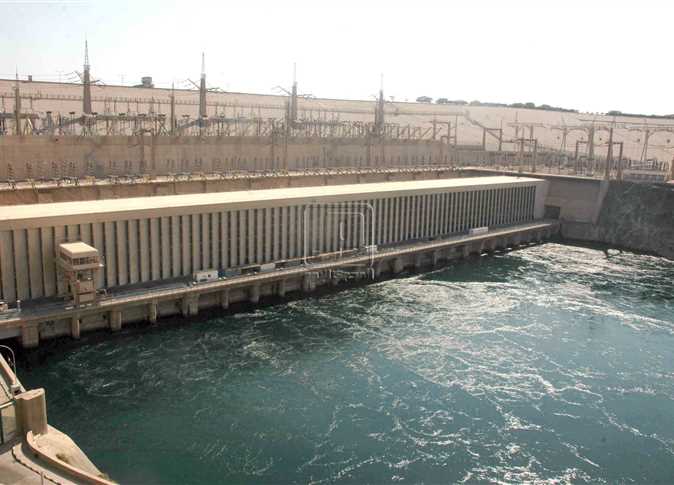The death of Al-Azhar Grand Sheikh and former Grand Mufti Mohamed Sayed Tantawi dominates Egypt’s newspapers Thursday.
Al-Ahram and Al-Akhbar both devote most of their front pages to details of the 81-year-old religious leader’s death from a sudden heart attack during a visit to Saudi Arabia. Tantawi was waiting in Riyadh’s King Khaled International Airport for a flight home to Cairo when he complained of chest pains. He was buried in Medina’s revered Al-Baqea cemetery.
In addition to the straight news coverage, Al-Ahram Editor-in-Chief Ossama Soraya offers a retrospective of Tantawi’s career, calling his tenure in charge of the Islamic world’s oldest and most prestigious learning institution “an unprecedented period, for he was a glorious sheikh.”
Writing at times as if he were personally addressing Tantawi, Soraya writes that the Islamic world had lost Tantawi’s “wisdom and advice. But I will return to your books and your thoughts” for ongoing guidance.
Al-Gomhorriya, the third government daily, pushes the Tantawi coverage inside, instead running a front-page package on details and decisions from Wednesday’s cabinet meeting chaired by Prime Minister (and acting President) Ahmed Nazif. Much of the coverage centers on government plans to counter ongoing shortages of diesel fuel and butane gas canisters. Petroleum Minister Sameh Fahmi promised an end to the relatively recent diesel crisis within a day or two. As for the butane canister crisis which has gripped parts of Egypt for weeks, Fahmi pledged to establish “2000 distribution kiosks” to deliver desperately needed cooking fuel to citizens’ homes.
Among the independent press, Al-Shorouq mixes in some coverage of regional water politics with Tantawi and fuel-crisis stories. The newspaper tops Thursday’s front page with an update on the dispute among the countries of the Nile Basin Initiative regarding how much water each consumes. Egypt and Sudan together claim the lion’s share of the Nile’s water, citing a contract dating back to British colonial period. Meanwhile upriver countries like Ethiopia and Uganda are clamoring for a larger share.
Al-Shorouq’s story cites an anonymous Foreign Ministry source denying reports that several upriver nations had formally refused to sign the latest cooperation framework agreement. Sub-Saharan Nile Basin nations have strongly objected to a clause that would limit their ability to launch projects that could affect Egypt or Sudan’s share of the river’s flow.




